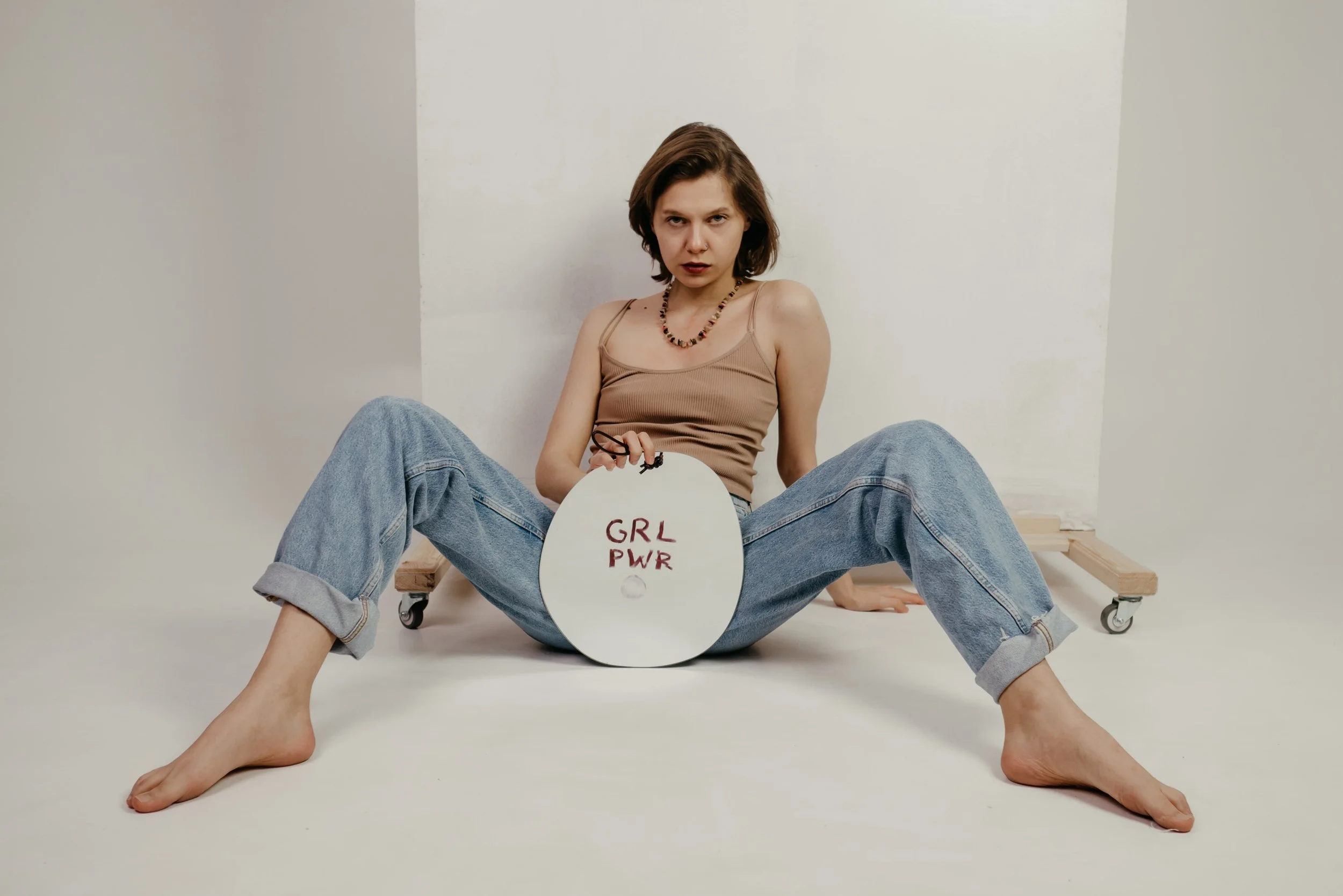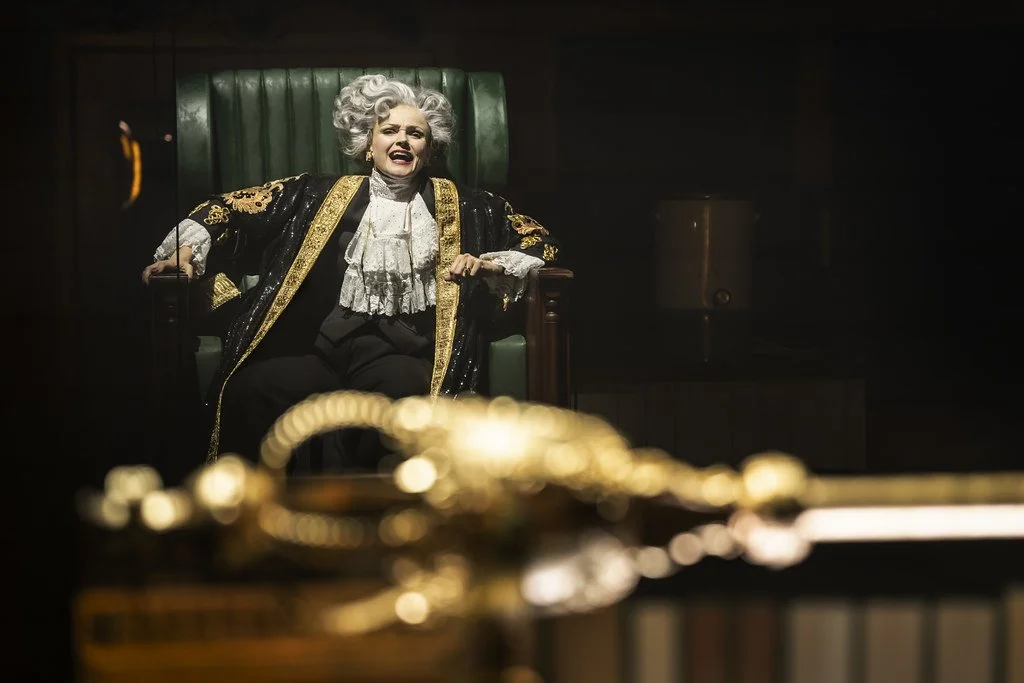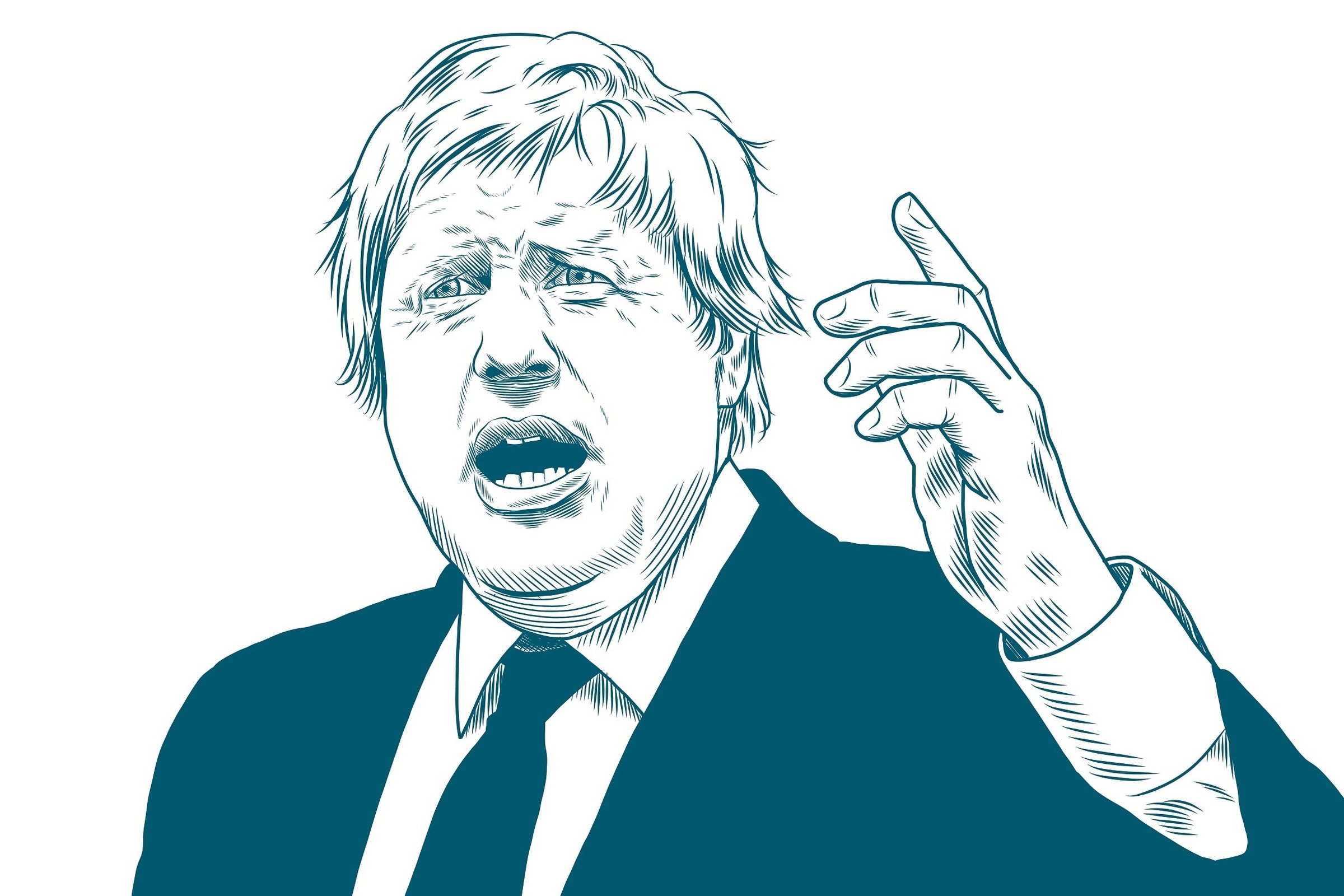Does “Bad” Feminism Exist?
by Thylane Amare
Over the years, the ideas and principles of feminism have been skewed and loaded with all sorts of meanings. As such, the “F” word has garnered a polarising reputation.
At its core, feminism is all about achieving gender equality: politically, socially, and economically. And we still have a long way to go. According to the World Economic Forum’s report on the global gender gap, we’ll have to wait 132 years to achieve “equality”.
Feminism is not a complicated ideology. But, with so many diverse interpretations of the topic, the perception of this movement has been skewed over time. Now the idea of “bad” feminism has begun to take shape.
What is “bad" feminism?
Feminism is about female empowerment and equality. But the idea of “bad” feminism explores the actions or thoughts of self-professed feminists that supposedly ‘go against’ the feminist ideology.
In Roxane Gay’s work ‘Bad Feminist: Essays', the author writes that feminism is bound to be flawed because it is a movement powered by inherently flawed people.
Gay also notes how we hold feminism to an unreasonable standard. In the minds of many, the movement must be everything we hoped for and must always reflect the very best choices.
But feminism shouldn’t be seen as a one-size-fits-all model, nor a set ideology that anyone can subscribe to “perfectly”. Feminism is designed to help people accept our innate imperfections, uniqueness, and inescapable humanness.
Are you worried about being a “bad” feminist?
If you have ever worried that you’re a “bad” feminist, or “not feminist enough”, reflect on these thoughts and questions:
What do I think it means to be a feminist?
There is no single definition for feminism. Instead, feminism has taken all manner of definitions and is shaped (and misshapen) by various stereotypes.
’We Should All Be Feminists’ by Chimamanda Ngozi Adichie explores how the movement has been warped. Many people now assume feminism to be a brainwashing technique for women to exert power over men. (Despite the defining doctrine representing the exact opposite: equality, not supremacy.)
For instance, many used to (or still) associate feminism solely with bra burning, growing out body hair, or dressing and acting in a masculine way - as if trying to reject femininity makes us “feminists”.
The more recent concept of the “girl boss” is another role applied to “proper feminists”. This stereotype represents a profile of a no-nonsense, powerful woman who pushes against gender standards. What began as a celebration of women achieving success in a capitalist, patriarchal society has been skewed. Instead, the “girl boss” tag can sometimes be used to excuse certain exploits or behaviour due on the grounds of gender. As with bra burners, “girl boss” is another mould to force feminism into, excluding all others.
The issue with these definitions or stereotypes is that they are very limiting and even harmful to the idea of feminism.
To be a feminist doesn’t mean you have to become a high-powered “girl boss”. Nor does it mean that you have to avoid these positions, for fear of being labelled with the negative feminist definition that Adichie describes.
Whatever definition of feminism you ascribe to, remember: there’s no hierarchy. Feminism looks different on everyone - and it’s in our diversity that we are strongest.
Do I ever feel guilty for enjoying my femininity?
There’s often power in rejecting the gender roles forced upon many. Yet choosing a lifestyle that aligns with more traditional gender roles doesn’t necessarily make you a “bad” feminist.
Our article 'Women are more than children' highlights that deciding not to have children has always been a taboo idea of sorts, since women are “supposed” to want to be mothers. Of course, there are many reasons why women may not want to have children. But feminism is about offering the right to choose.
The feminist movement strives for gender parity, which ensures that all people have a chance to decide who they want to be. And no one should be shamed for their choices.
Choosing to become a stay-at-home mum doesn’t make you a “bad” feminist. Nor does choosing to wear a bra or remove your body hair. Feminists can be traditionally feminine too.
Enjoying traditionally “female” roles or habits shouldn’t be seen as going against the idea of feminism. Embracing stereotypes of femininity is just another manifestation of this diverse ideology.
Is my feminism intersectional?
Feminism invariably focuses on gender issues and equality. But true equality overlaps all identities.
Law professor Kimberlé Crenshaw coined the term “intersectional feminism” to explain how multiple inequalities create compounding experiences of discrimination. A queer black woman doesn’t experience the world in the same way that a straight Asian woman might. The same can be said for many women with diverse identities.
The feminist movement should seek to centre the voices of all marginalised women. We must consider the needs and experiences of those around us when shaping how feminism will be viewed and embodied in the future.
If you find yourself excluding people of particular identities from the movement, there may be a need to reflect on why you might be thinking in such a manner, and you can seek out more ways to learn—whether from educational resources or by speaking to all kinds of women—how you can make your feminism more inclusive.
Is "bad" feminism real?
At its core, feminism will always spark debate and action. As the movement continues to grow and evolve, so too will difficult discussions, mis-informed stereotypes, and differing approaches. “Bad" feminism is a concept that people will continue to grapple with and exploit.
But just as women are unique, so are the ways they choose to empower themselves and others. Viewing feminism as a rigid dogma to be followed strictly does little to help women facing unique of situations. At the end of the day, feminism is about the equality of the sexes, and there is no right or wrong way to go about achieving it, the methods are just different for everyone. Different does not mean "bad".
Thylane Amare is a freelance writer and blogger. She enjoys writing about topics revolving around womanhood, feminism, and gender equality. When she isn't writing, you can find her browsing a record shop or spending a night out with friends.





